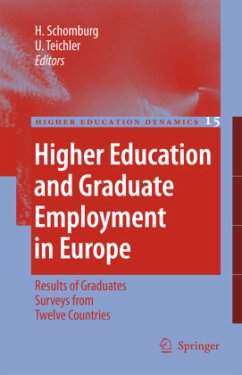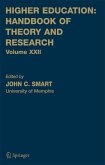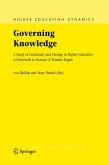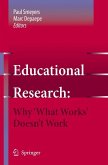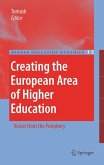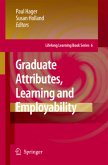From autumn 1998 to spring 2000, about 3,000 graduates each from nine countries in the European Union (Austria, Finland, France, Germany, Italy, the Netherlands, Spain, Sweden, United Kingdom), one EFTA country (Norway), one of the Central and Eastern European countries in transition (the Czech Republic) and one econo- cally advanced country outside Europe (Japan) provided information through a wr- ten questionnaire on the relationship between higher education and employment three to four years after graduation. In total, over 40,000 graduates from higher education institutions answered questions on their socio-biographical background, study paths, transition from higher education to employment, early career, links between study and employment, job satisfaction and their retrospective view on higher education. The study provided a unique opportunity to examine how far the relationships - tween higher education and the world of work are similar or different in the Western Europeancountries. This became clearer through the inclusion of one country of the Central and Eastern European countries and one country outside Europe. The study also helped to understand the common elements and differences between various fields of study and occupational areas. It made it possible to analyse current salient issues of higher education, e. g. equality, the role of educational levels, the demand for specialized or general competences, the growing role of international mobility and lifelong education, the regional diversity in higher education.
Hinweis: Dieser Artikel kann nur an eine deutsche Lieferadresse ausgeliefert werden.
Hinweis: Dieser Artikel kann nur an eine deutsche Lieferadresse ausgeliefert werden.

